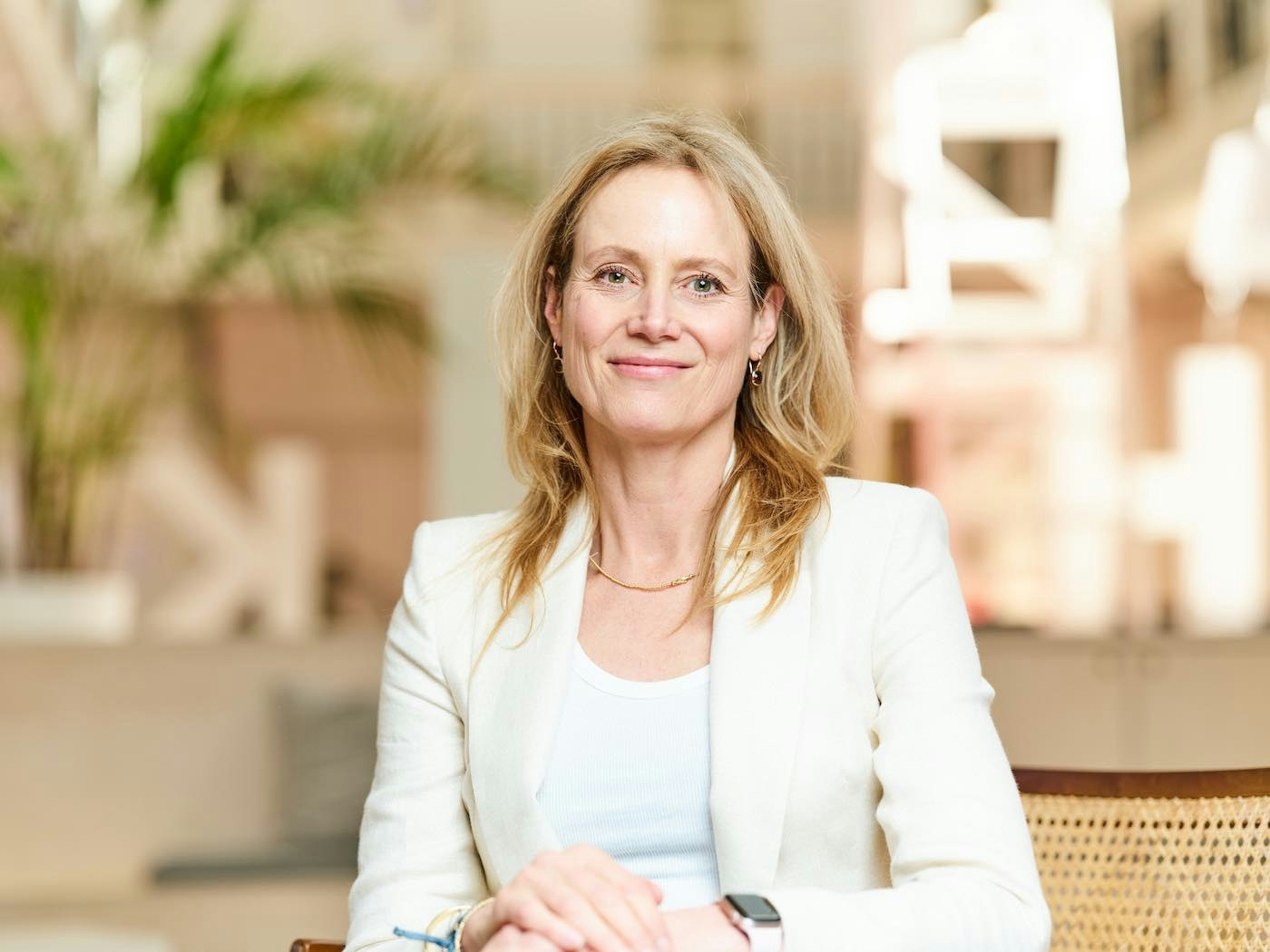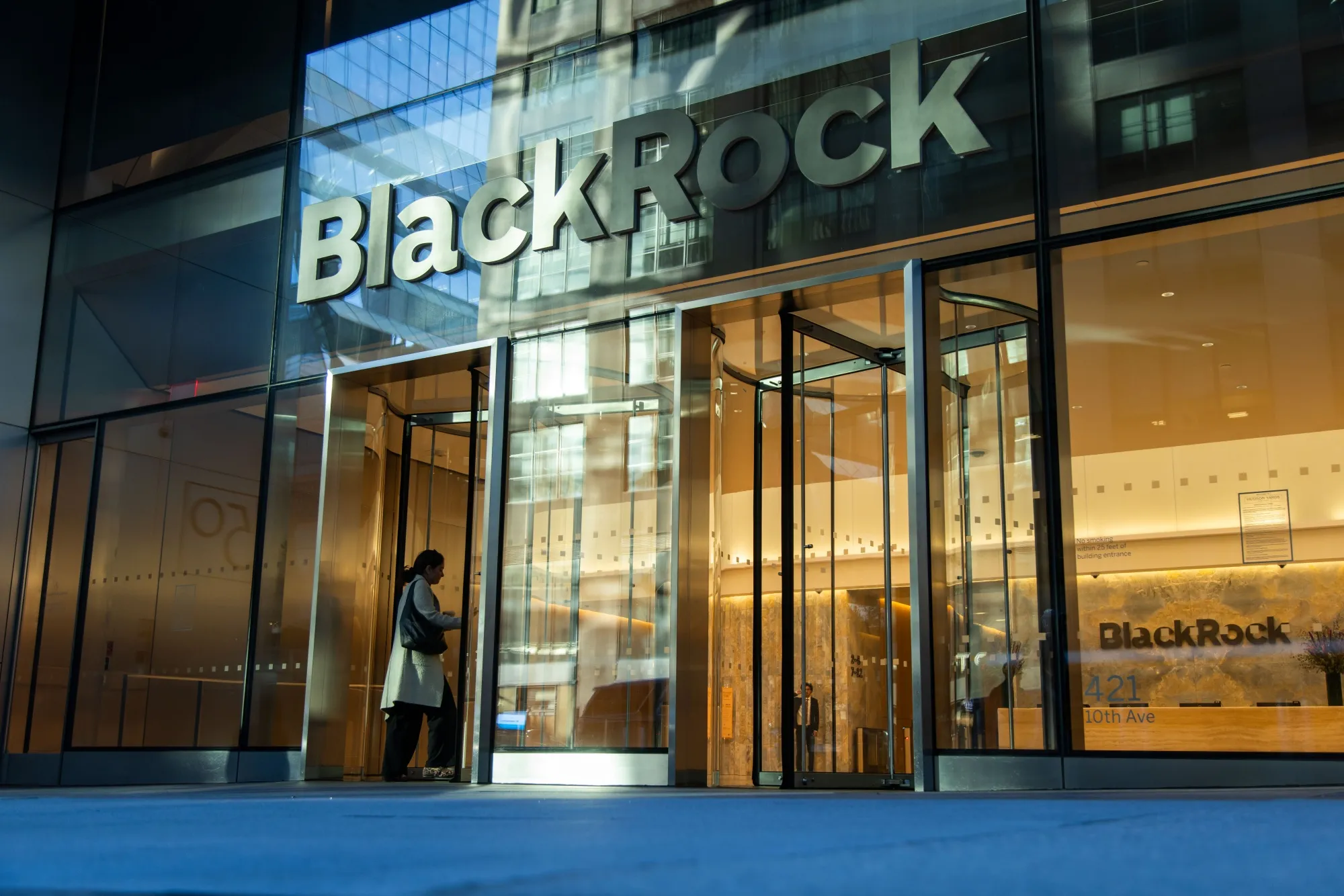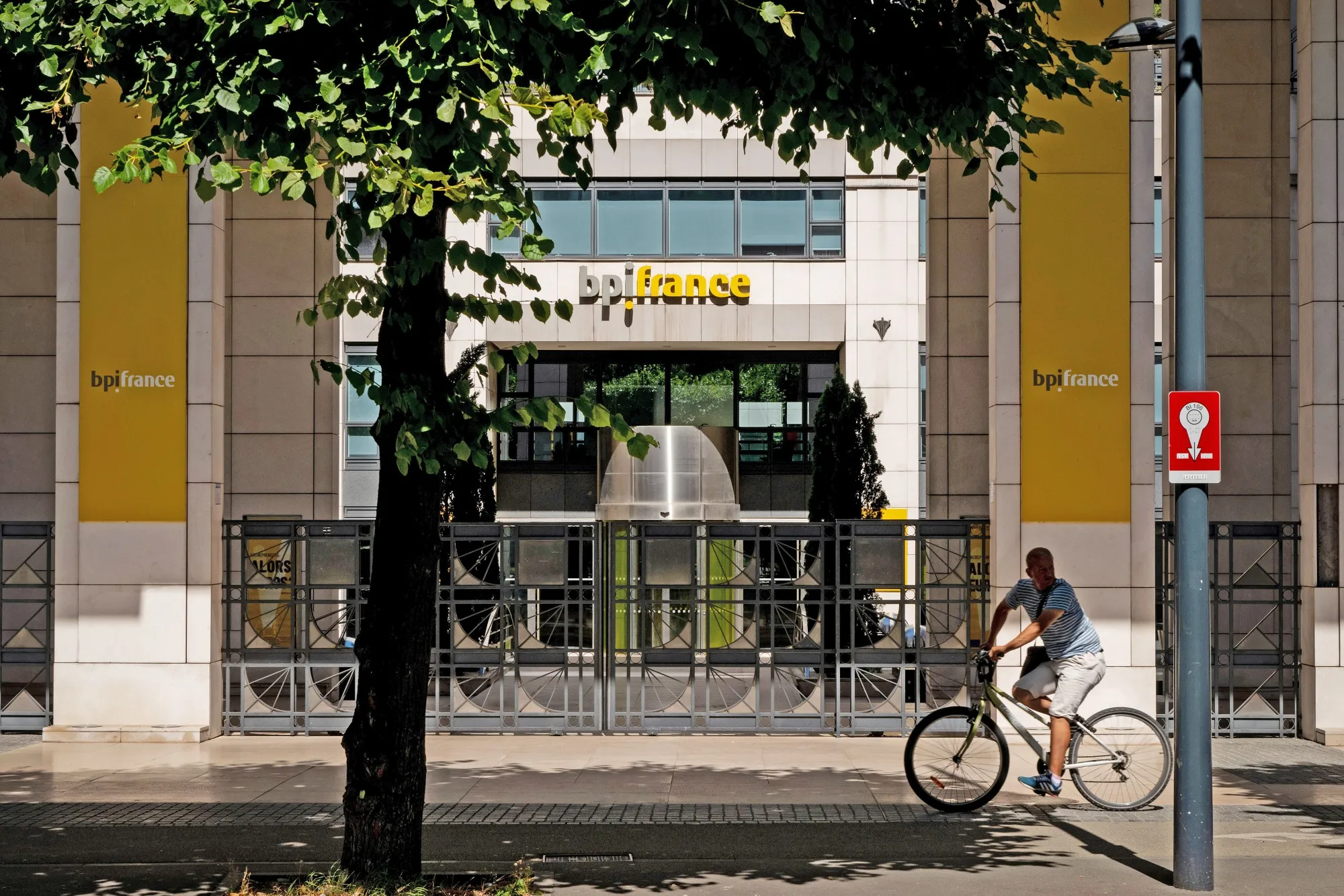All hail the era of svelte unicorns.
As higher interest rates and macroeconomic uncertainty have made VCs more cautious, the message to founders is now: use your cash wisely. Get lean.
“2020 and 2021 were certainly the peak years of gluttony, where the abundance of cheap capital […] provided an opportunity for a lot of people to hide behind a wall of capital” — and hide inefficiencies, says Evgenia Plotnikova, partner at Dawn Capital.
“What I’m certainly seeing today is people being a lot more thoughtful, especially around unit economics.”
But this era of excess was a blip. “Overall, the costs of creating a startup or software business are inherently lower than they were in the 90s or in the early 2000s,” Plotnikova points out.
And this era of capital efficiency is now birthing ways for companies to build more efficiently than ever.
Building early-stage companies in a modular fashion
And just like cloud and open source made it cheaper to build software itself, this new era is seeing the rise of new solutions making it cheaper to build startups themselves. There are now an increasing number of companies being formed to let startups outsource key functions like finance or HR, until they get big enough to want to bring on more full-time staff.
One of them is Nurchr, which works with early-stage companies on people and talent — even if they don’t yet have a dedicated people leader internally. Nurchr works on a subscription, project or daily-rate basis, doing everything from recruitment to getting HR policies in place, even redundancies. One company paid £2,000 a month for a “light touch” package; more hands-on support could be as much as £10k a month.
“It’s expensive taking on senior people who are helping grow your business, but who are not directly attached to revenue,” says cofounder Ellie Collins. “We're still a tap that you can turn on and off because we're conscious that early-stage people need that flexibility.”
Ondorse in France is helping compliance teams at fintechs identify and onboard customers more quickly. The company raised a €3.8m round last week from Eurazeo and ISAI. Head of revenue Yann Ranchere says it’s helped some customers automate up to 60% of tasks, some of which, like looking for client information on websites, is completely manual.
That means more functions in startups will become “orchestrators” who weigh in on “complex cases, where you need a judgement call and the machine can’t tell you”.
Collins and her cofounder Javaad Abdul-Rasool worked together previously, at digital mortgage broker Habito, and have experience at other startups. Ranchere’s background is in VC. As Europe has more experienced company builders, it’s easier for them to teach others as well.
UK virtual business assistant company SpareMyTime says that the number of business process outsourcing services — which includes services like accounting and IT services — has grown 7.7% in the UK since the pandemic, largely due to demand from startups.
Klarna, for example, has outsourced some customer support to a new company in various markets recently. And startups like Remote and Deel have made it possible for startups to hire staff all around the globe, without having to open entities in different countries.
Some things can’t be shrunk
But outsourcing some HR and ops activities and using temporary talent won’t shave much off the cost base for many startups. Take climate infrastructure companies, like Northvolt and Verkor, which have dominated the biggest rounds in Europe this year. Research-intensive deeptech companies can also have high capital requirements.
And even AI tools — which have made building things like apps easy even for non-technical founders (and saved them a whole lot of money on developer costs) — might long-term turn out to be pricier than expected.
“The cost of AI today is not fully understood yet. Why not? Because AI today is distributed more or less for free,” says Ekaterina Almasque, general partner at OpenOcean, talking about the accessibility of powerful large language models at the moment, despite high hardware and training costs to make these models.
Similar to the days when VC cash gave us all a lot of free groceries: “A lot of venture capital money is sponsoring this. Until the moment when everyone wakes up and says, ‘Actually it’s much more expensive.’”
Almasque also says that while companies might use the same tools, ultimately what investors like herself are looking for is differentiation, which can require significant investment to build.



